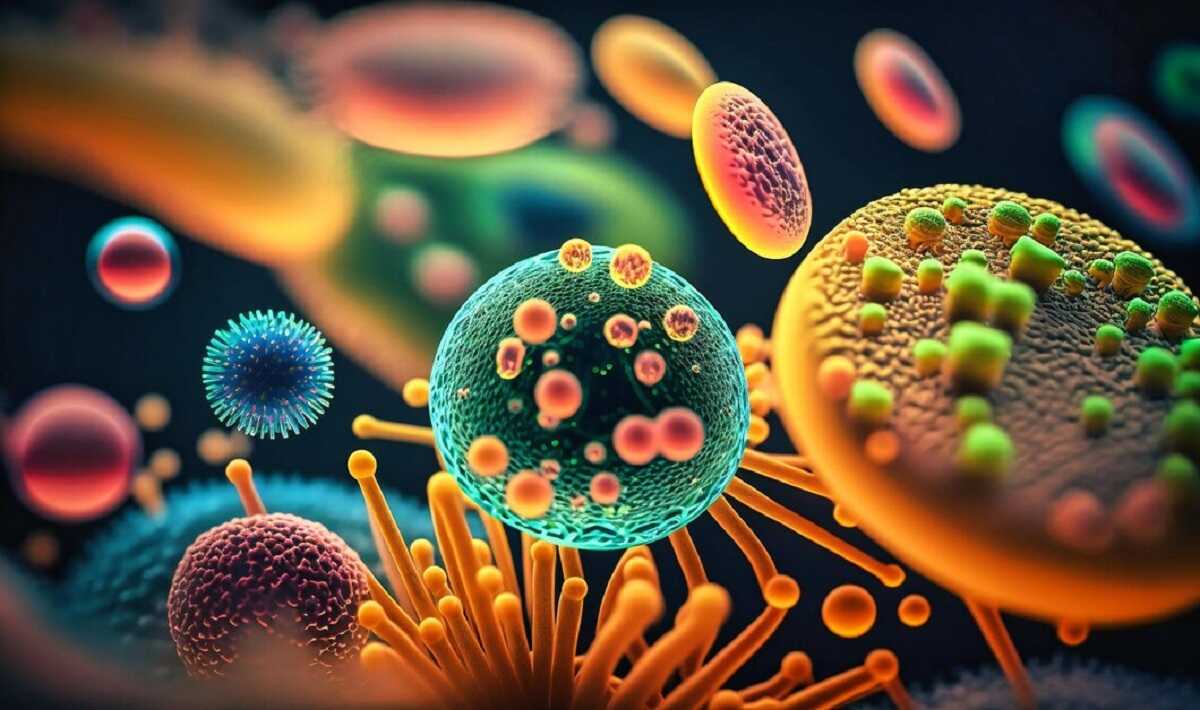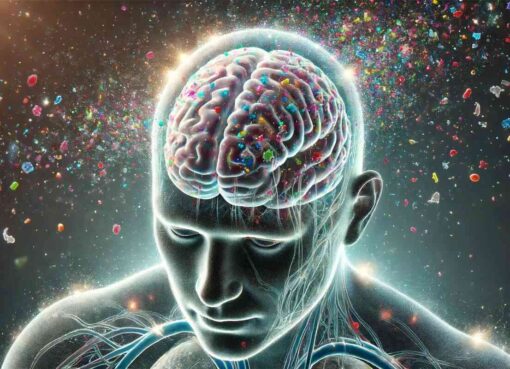Microorganisms, the invisible architects of life, orchestrate the very essence of existence on Earth. From the air we breathe to the soil nurturing our crops, and even within our bodies, these minuscule beings wield an unparalleled influence. They inhabit every corner of our planet, from the skin’s surface to the deepest ocean trenches and the farthest reaches of the atmosphere.
A Historical Perspective: Pioneers of Microbiology
Throughout history, humanity has reaped the benefits of these tiny allies, often without even realizing it. In ages past, their contributions were often seen as mystical, their workings shrouded in mystery. The elucidation of microbial processes, such as the fermentation of grapes into wine or the transformation of milk into cheese, was a revelation that unfolded over centuries.
The dawn of modern microbiology can be traced back to the groundbreaking efforts of visionaries like Girolamo Fracastro, who proposed the theory of contagious disease in 1665. However, it was the meticulous observations of Antony van Leeuwenhoek and Robert Hooke that truly ushered in a new era. Despite initial skepticism fueled by the doctrine of spontaneous generation, these pioneers laid the foundation for our understanding of microorganisms.
Microorganisms in Human Health: From Pathogens to Allies

Microorganisms have long been viewed as harbingers of disease, yet they also serve as indispensable allies in medicine. The discovery of vaccines and antibiotics represents watershed moments in human history, offering hope in the face of once-intractable illnesses. Today, cutting-edge technologies like CRISPR-Cas9 hold the promise of personalized medicine, harnessing the power of microbes to combat disease at its source.
The Human Microbiome: Unraveling the Inner Ecosystem
Within the recesses of the human body lies a complex ecosystem teeming with microbial life. The Human Microbiome Project, initiated by the US National Institutes of Health, seeks to map this intricate landscape, shedding light on the symbiotic relationship between microbes and their human hosts. Surprisingly, our bodies play host to more microbial cells than human ones—a revelation that underscores the integral role of microorganisms in human health and disease.
Microorganisms in Nature: Guardians of Ecological Balance
Beyond medicine, microorganisms are the unsung heroes of our planet’s ecosystems, driving essential processes like nutrient cycling and atmospheric oxygenation. From the verdant depths of forests to the sunlit expanses of coral reefs, these unseen agents of change play a vital role in sustaining life on Earth. Moreover, their interactions with plants and animals shape the fabric of terrestrial and aquatic ecosystems, highlighting their indispensable role in maintaining ecological balance.
Microorganisms in Industry: Catalysts of Innovation
The industrial applications of microorganisms are as diverse as they are profound. From the production of fermented foods and beverages to the extraction of precious metals through biomining, microbes are integral to myriad industrial processes. Moreover, advancements in biotechnology have unlocked new frontiers, enabling the development of sustainable biofuels and novel pharmaceuticals through the manipulation of microbial metabolism.
Microbiology and Space Exploration: Seeking Life Beyond Earth
Looking to the stars, microbiology offers tantalizing insights into the search for extraterrestrial life. Extremophilic microorganisms, adapted to thrive in hostile environments on Earth, hint at the possibility of life beyond our planet. From the icy depths of Antarctica to the volcanic landscapes of Mars, these resilient beings provide clues to the vast potential for life in the cosmos.
In essence, microorganisms are the essence of life itself, shaping our world in ways both seen and unseen. They are the architects of creation and, paradoxically, the agents of destruction—a testament to the intricate balance of existence.







